23 February 2022
The future of the engineering and manufacturing workforce is at risk if businesses don't take action
- The ageing workforce is a significant challenge impacting more than a third of businesses
- Businesses are struggling to recruit young people due to a lack of awareness and negative perceptions of the sector
- Less than a quarter of businesses offer industry placements to attract more young people
- The lack of diversity in Engineering and Manufacturing needs addressing
- Businesses need to adopt the latest digital technologies
- New project offers support to businesses to take on apprentices and enhance the apprenticeship experience
The ageing workforce and challenges around recruiting staff have been revealed as the top issues impacting the Leeds City Region’s Engineering and Manufacturing sector.
More than a third of businesses raised their concerns around their ageing workforce, saying it is a significant barrier to growth.
While businesses are regularly advertising new vacancies, they are experiencing problems recruiting young people, with negative perceptions of the sector and awareness of the opportunities available recorded as key issues. Yet, less than a quarter of businesses are currently offering industry placement opportunities as a starting point to a career for young people.
These challenges have been revealed in a major study commissioned by Calderdale College with 100 Engineering and Advanced Manufacturing companies across the Leeds City Region. This first of its kind study focuses specifically on skills in this sector.
The report highlights the urgency for businesses to take action in addressing these challenges which currently affect a large proportion of employers. It was commissioned as part of Let’s Talk Real Skills, a project funded by the European Social Fund and managed by the West Yorkshire Consortium of Colleges.
 Bill Macbeth OBE, Managing Director of the Textile Centre of Excellence and Advisor to West Yorkshire Manufacturing Services, discussed his thoughts on the findings: “The pandemic has a significant impact on the current workforce and, in many circumstances, it has accelerated the economic and social change.
Bill Macbeth OBE, Managing Director of the Textile Centre of Excellence and Advisor to West Yorkshire Manufacturing Services, discussed his thoughts on the findings: “The pandemic has a significant impact on the current workforce and, in many circumstances, it has accelerated the economic and social change.
“It has given people time to reevaluate their options, with some deciding to start their own business or seeking retirement. We’ve also seen a number of staff from the EU return home for this period and in some cases, mainly as a result of Brexit, have decided not to return to the UK.
“At this moment in time, the advice I would give to employers is to be more flexible around recruitment, while recognising the latest skills and talents of our workforce and how they can be developed.
“We should also be looking for ways to adopt the current digital technologies to help us optimise our operations, the performance of our supply chains and the relationship with our customers. Expert help is out there in these areas and companies need to take advantage of the support that is available.”
Many companies are already putting plans in place to minimise the impact of Brexit and change perceptions of the industry.
Calderdale College’s service for employers, Rise, is working with businesses in Calderdale and Kirklees to recruit a diverse range of talented candidates.
John Rees, Principal and Chief Executive at Calderdale College, commented: “I believe under-representation in the sector is one the biggest challenges that Engineering and Manufacturing businesses are facing.
“I can’t stress enough how key inclusion and diversity is in attracting young people to the job market. It is important, especially in light of the current challenges, that we do our best to widen our reach and encourage more people, especially women, into the industry.
“Employers need to start acting as sector ambassadors to promote the diversity of roles within the sector. We need to get the message across and let our younger generation know that there are a variety of high-tech jobs in the manufacturing and engineering industry.”
Skills Associate, Bryony Cooper at the West Yorkshire Consortium of Colleges (WYCC) supported the working group that commissioned the research.
Bryony said, “It's great that WYCC has been able to support this pilot with Calderdale College, who have been keen to dig deeper into the sector from the start. It's fantastic to see how many businesses got involved with the conversations around skills gaps, the challenges they bring and how this can be addressed for the future.”
“We will continue to support Calderdale College in developing this research into practical solutions to support the industry through new funding opportunities, such as Skills Connect and Collaborative Apprenticeships.”
Calderdale College is part of a new project that will support more employers to take on apprentices, enhance the apprenticeship experience and offer more routes onto apprenticeships.
The Collaborative Apprenticeships project is funded by the European Social Fund and managed by the West Yorkshire Consortium of Colleges, and will run until March 2023.
Colleges involved in the project will offer extra training for apprentices to broaden their skills, workshops and support for employers to take on and support apprentices, and courses that help to prepare apprentices for an apprenticeship programme.
Those businesses wanting to get early access to the talent entering their sector can now take advantage of the training available at The Engineering Centre, Calderdale College’s specialist manufacturing and engineering facility in Brighouse. The centre provides apprenticeships and further education courses to close skills gaps and give firms access to their next generation of workers.

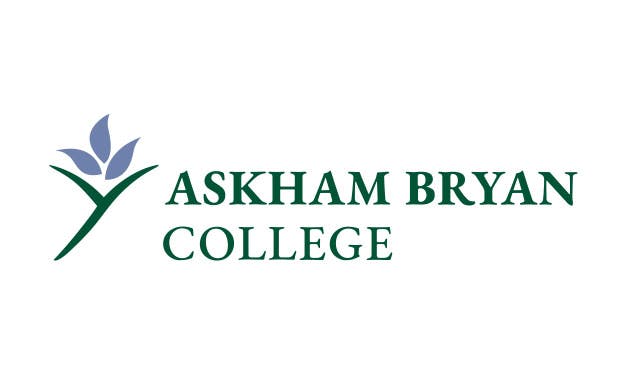

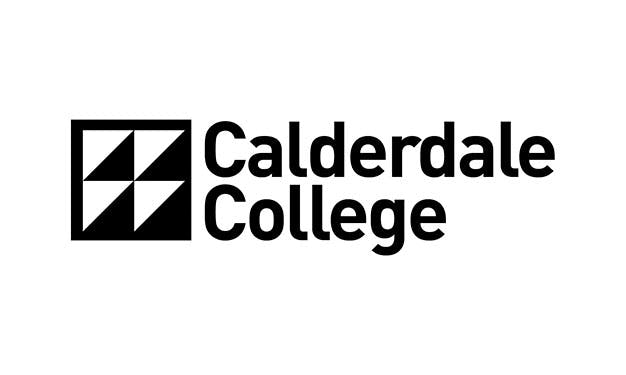



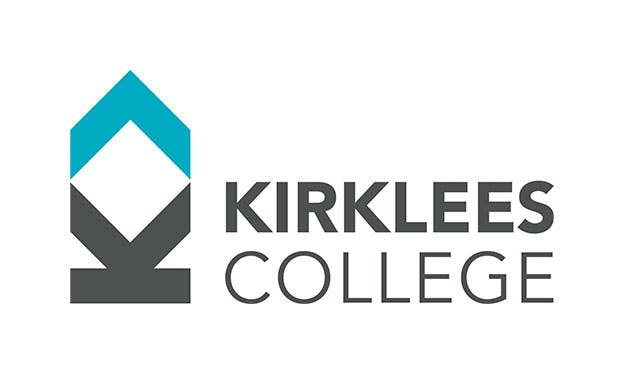
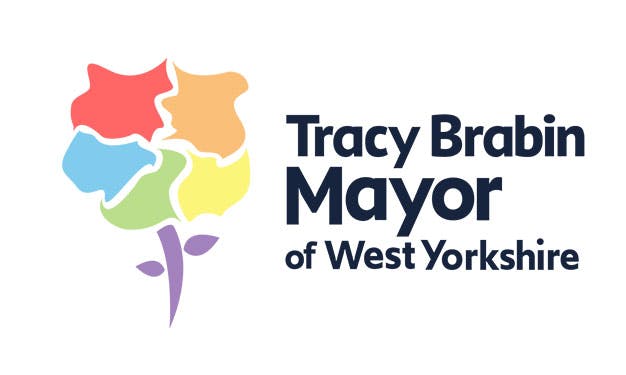


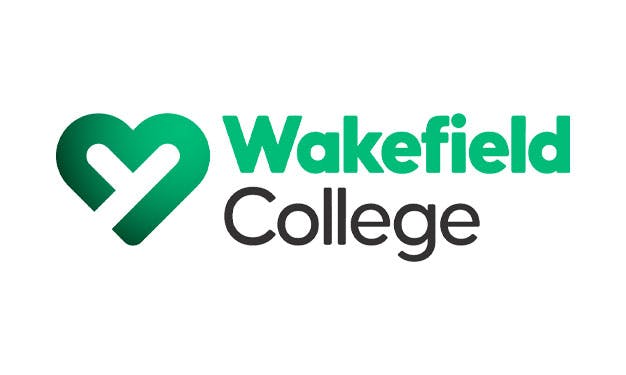
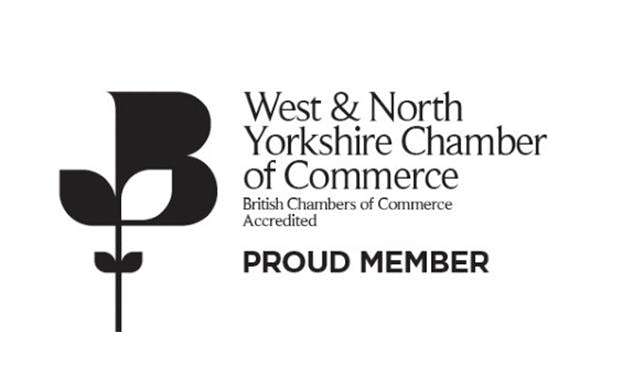

Comments